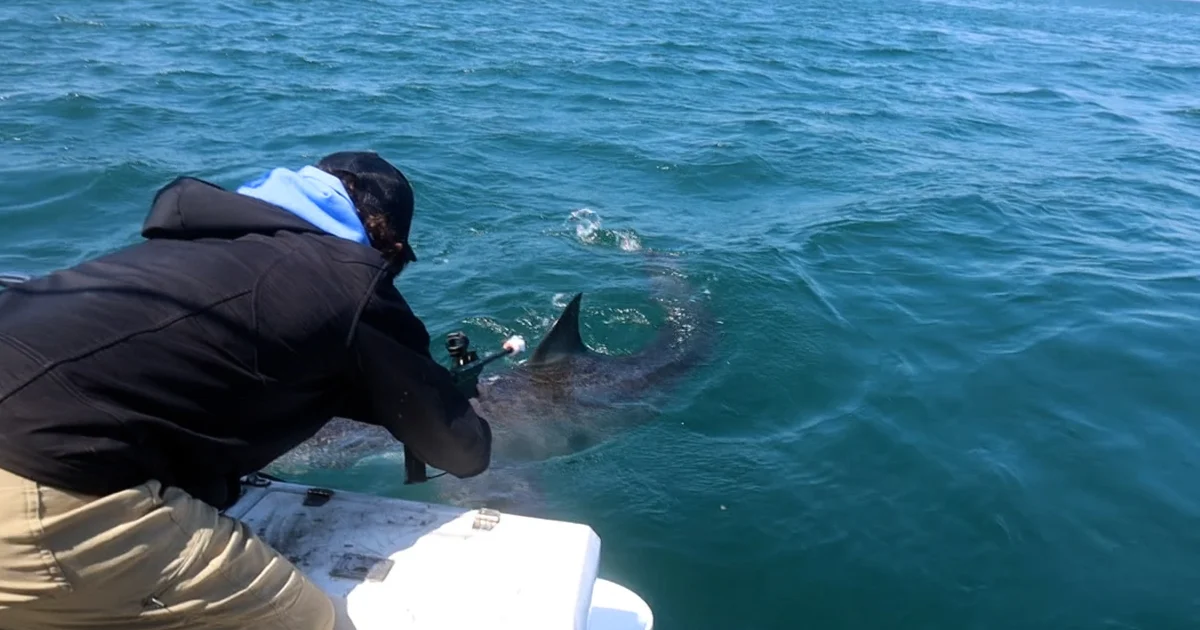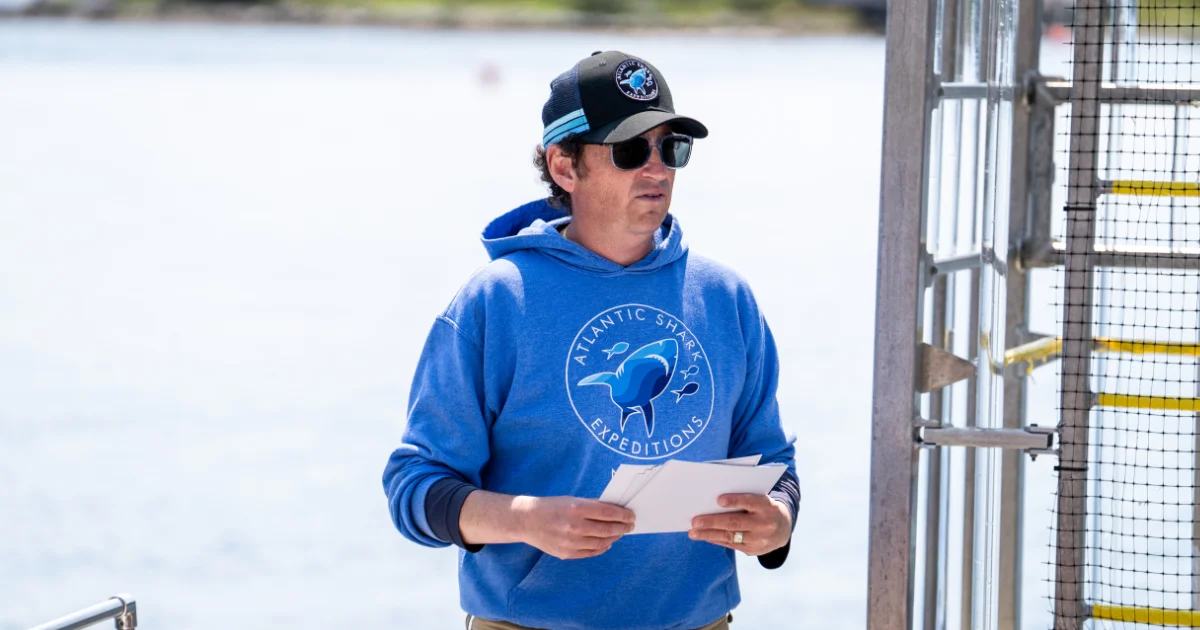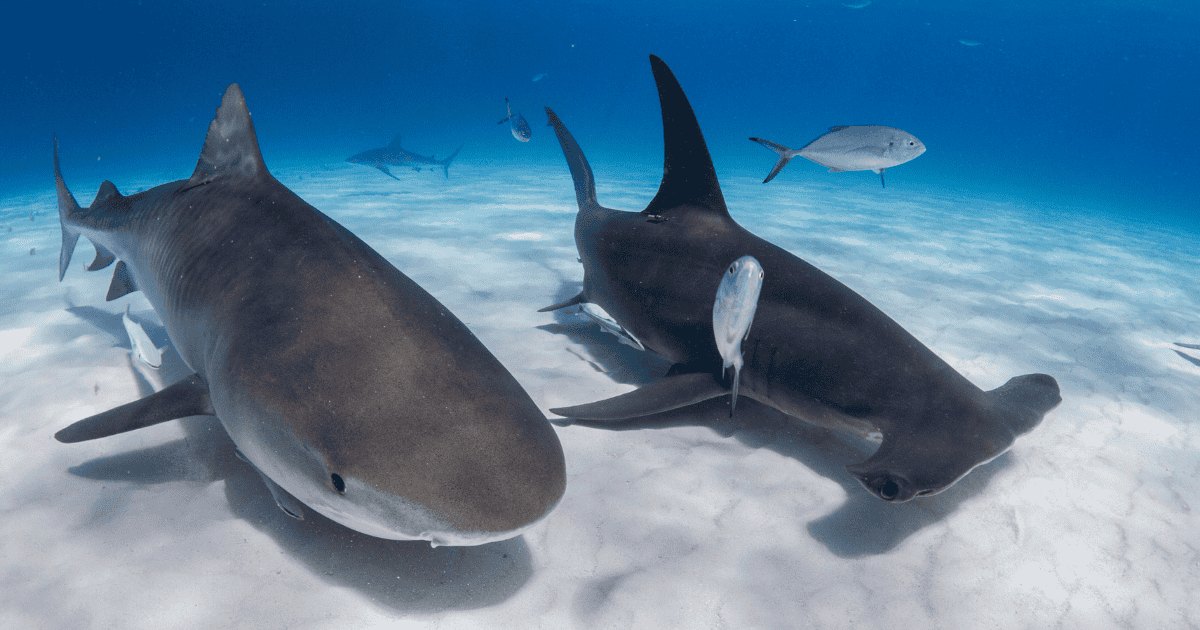50 Years After Jaws: What the Iconic Movie Got Wrong—and Right—About Sharks
As the iconic film Jaws marks its 50th anniversary, it’s the perfect time to revisit how the movie shaped public perception of sharks—and what science has since revealed about these fascinating and misunderstood animals.
What Jaws Got Wrong About Sharks
1. Sharks Are Man-Eating Machines
The film portrays great white sharks as vengeful predators that deliberately hunt humans. In reality, shark bites are extremely rare, and sharks generally avoid people. Scientists believe most bites result from mistaken identity—sharks confusing hands or feet for prey—or investigative curiosity. Without hands, sharks use their teeth to explore unfamiliar objects, and while even an exploratory bite can be serious or fatal, it is not driven by predation. Fortunately for us, humans are not on the shark’s menu.
2. Sharks Are Mindless Killers
Nothing could be farther from the truth. Sharks are complex, intelligent animals with distinct personalities. Research has shown that some species can form social groups, navigate long migrations, and even learn faster than cats or dogs.
3. One Giant Shark Terrorized an Entire Community
The 25-foot shark in Jaws is portrayed as a singular rogue threat. In real life, great white sharks are highly mobile and solitary. While they may aggregate around food sources like seal colonies, there’s no evidence that a single shark would remain in one location to target humans.
4. Killing the Shark Solves the Problem
The film suggests that eliminating a “rogue” shark restores safety. In reality, shark culling has not been shown to reduce bite incidents and often harms marine ecosystems. Sharks help keep the ocean healthy by maintaining balance in the food web—a role no other species can replace.
5. All Sharks Are Dangerous
After Jaws, many people assumed all sharks are deadly. In truth, of the more than 500 shark species, only a small handful have ever bitten a human. Most sharks are under five feet long and completely harmless.
What Jaws Got Right About Sharks
1. Sharks Are Powerful Apex Predators
The film correctly shows sharks as formidable marine predators. Great white sharks sit atop the food web and play a critical role in ocean ecosystems. In fact, studies show that when great whites disappear, marine ecosystems can become destabilized. This matters not just for marine life, but for people—humans rely on healthy, balanced oceans for food security, recreation, natural beauty, and even spiritual connection.
2. Sharks Can Be Found Near Beaches
White sharks—especially juveniles—do sometimes patrol coastal waters where prey like seals or fish are abundant. Their presence is part of a functioning, healthy ocean—not a reason for fear.
3. Great Whites Are Curious and Intelligent
White sharks are inquisitive animals. They often investigate new objects in their environment—sometimes with their mouths—which explains many bite incidents. It’s curiosity, not malice.
4. The Fear Was Real, Even If the Threat Wasn’t
Jaws tapped into a primal fear of the unknown. While the threat was exaggerated, it underscored how little people understood about sharks at the time. Even now, scientists say we know more about outer space than we do about our oceans—and sharks remain one of its most enigmatic inhabitants.
5. Scientists Are Essential to Shark Conservation
The character Matt Hooper, a marine biologist, introduced the idea that science could help us understand and coexist with sharks. Today, researchers around the world—like those at Atlantic Shark Expeditions—are using cutting-edge tools to study sharks, protect them, and educate the public.
Come Cage Diving with Atlantic Shark Expeditions off Nova Scotia to Experience the Truth About Sharks
Fifty years after Jaws, sharks are still burdened by the myths the movie helped create. While the film sparked global fascination, it also fueled fear and misunderstanding.
At Atlantic Shark Expeditions—Canada’s only shark cage diving operation—we’re rewriting the narrative.
Our guided expeditions off the coast of Nova Scotia offer guests the rare opportunity to safely encounter great white sharks in their natural habitat. These animals aren’t villains—they’re majestic, ecologically vital, and awe-inspiring. Each trip directly supports marine research and conservation efforts, offering a front-row seat to the science behind the species.
Whether you’re a thrill-seeker, ocean lover, or conservation advocate, Atlantic Shark Expeditions invites you to experience sharks not through Hollywood’s lens—but through your own eyes.
Join Atlantic Shark Expeditions and cage dive for science—because the truth is far more fascinating than fiction.






